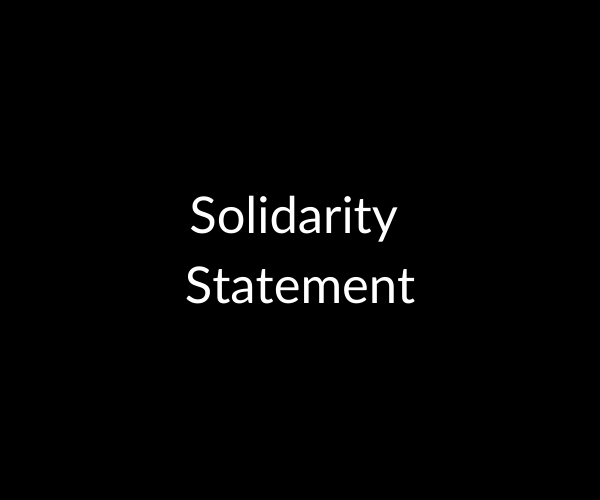Regenerative Future for Europe – Empowering Communities for a Regenerative Europe
The workshop on “Regenerative Future for Europe: Empowering Communities for a Regenerative Europe” took place in Poitiers, France, as part of the broader European LEADER Congress on October 2-3, 2024. Organized under the COM4LGD WP3 initiative, the workshop aimed to discuss about democratic participation and environmental engagement, providing support for Local Action Groups and stakeholders to create sustainable and regenerative community initiatives.
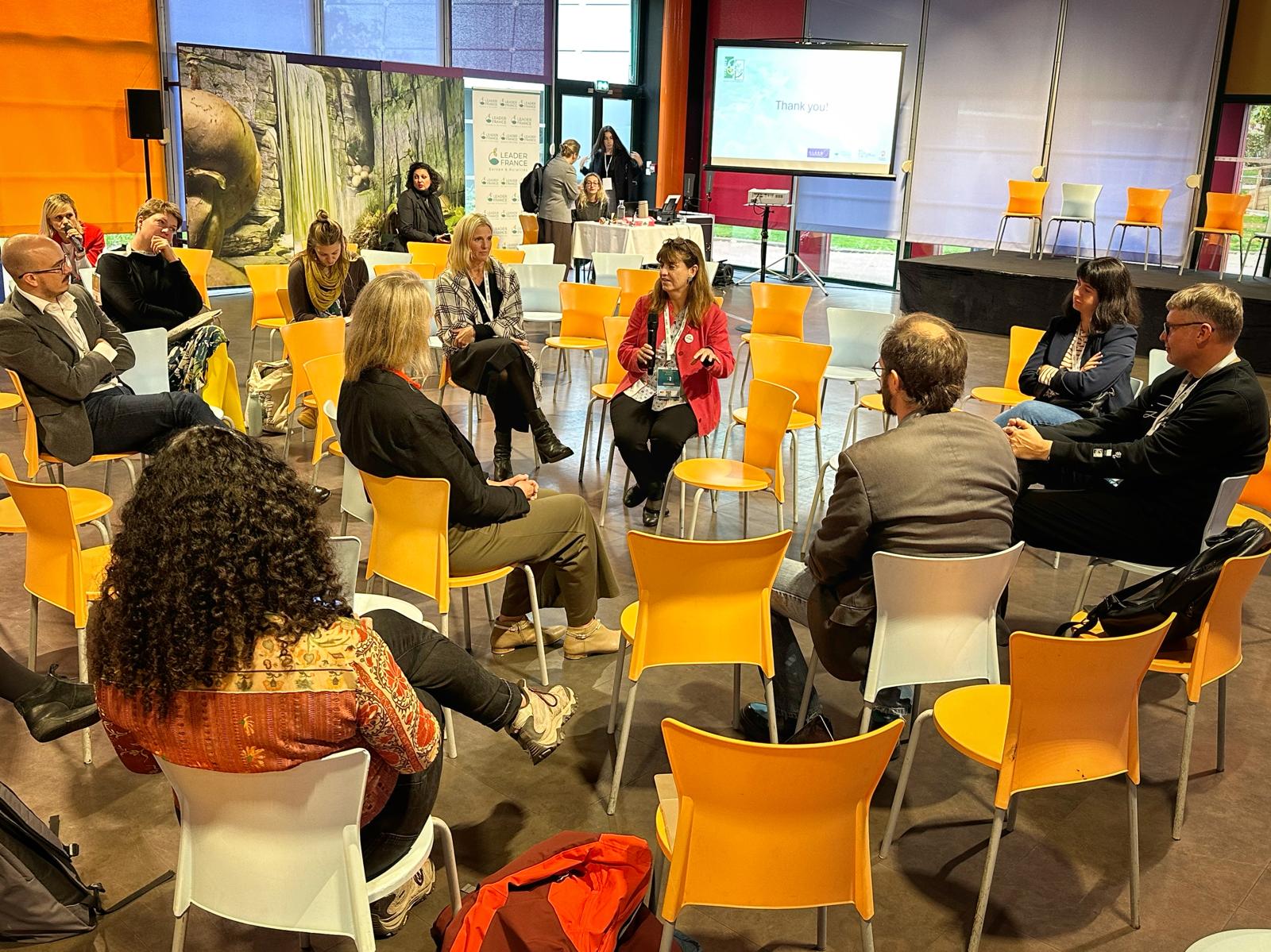
The workshop highlighted the importance of integrating both democratic processes and environmental advocacy into local projects, focusing on practical tools and methodologies to empower communities to lead the way toward a regenerative future. The session drew participants from diverse backgrounds, including LAG staff, LAG members, and other community actors from across Europe.
Workshop Objectives:
- Facilitate discussions on integrating democratic participation and environmental engagement in community-led initiatives.
- Empower LAG managers and stakeholders to foster active citizen involvement in local decision-making.
- Share practical tools and experiences to help communities address environmental challenges through grassroots action.
- Motivate communities by exploring the drivers behind democratic participation in local governance and environmental advocacy.
Program Breakdown:
- The first part of the session explored practical strategies to enhance democratic participation and environmental action in local projects.
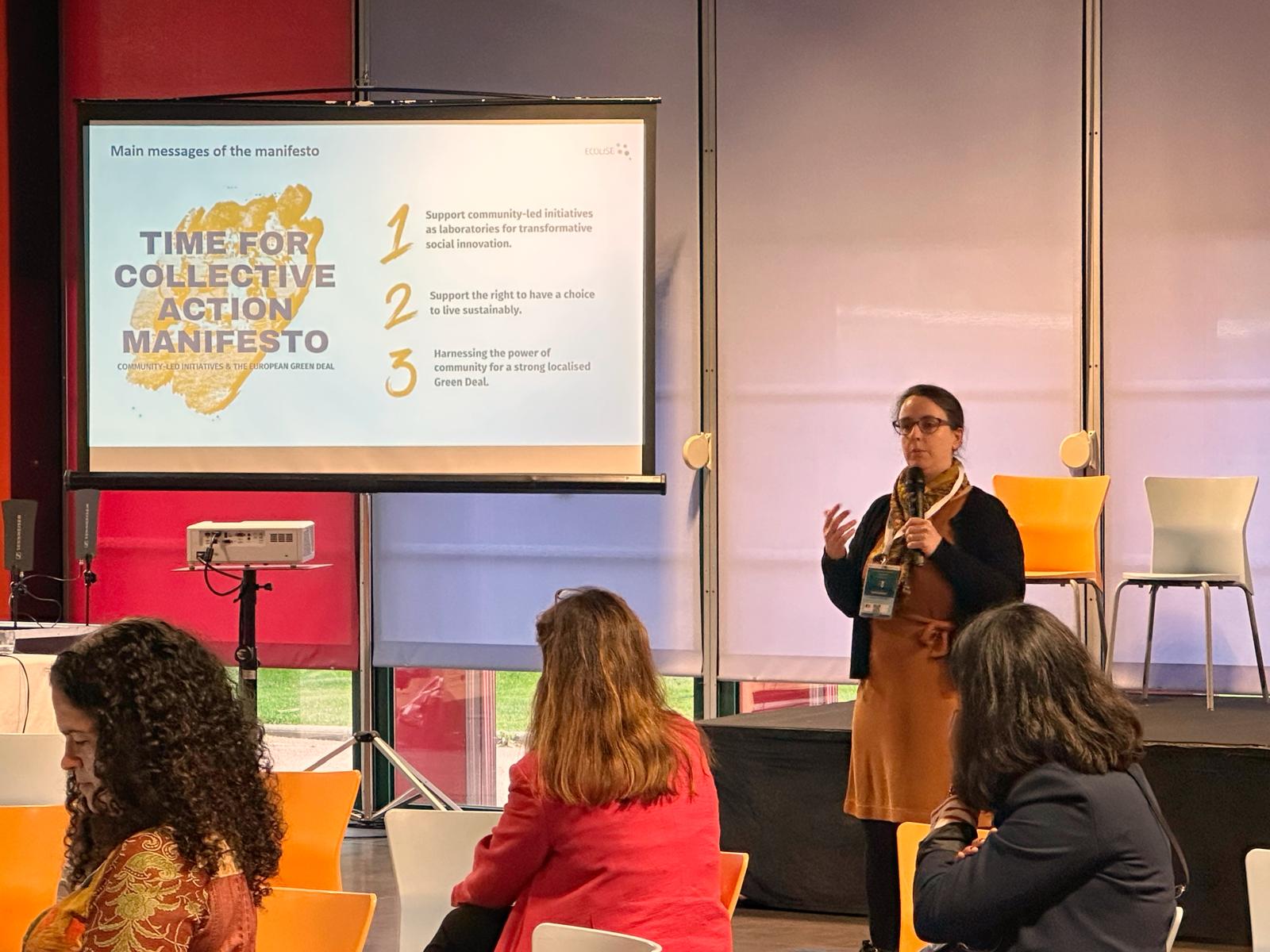
- Ana Margarida Esteves (ISCTE) presented the significance of democratic participation in local governance, emphasizing the importance of engaging community members in decision-making processes. She highlighted how inclusive participation strengthens local democratic structures and encourages a sense of collective responsibility.
- Laurence Modrego from ECOLISE focused on the importance of mobilizing community-led environmental initiatives. Her presentation outlined ECOLISE’s strategy for fostering collective action at the local level to address global environmental challenges. She introduced ECOLISE’s manifesto, which emphasizes activating citizens as agents of change and influencing policies aligned with sustainability goals like the European Green Deal and the Paris Agreement. She highlighted the organization’s long-standing efforts to support movements such as Transition Networks and Ecovillages, emphasizing how local governments, community organizers, and research institutions can collaborate to foster lasting environmental advocacy. Additionally, she shared ECOLISE’s upcoming activities, such as the “Greening the Ground” initiative and advocacy training, encouraging participants to join these efforts.
- Marion Eckardt, representing the ELARD Knowledge Hub and LAG Halland, shared her experiences in integrating democratic participation with environmental advocacy in Local Action Groups. She provided compelling case studies from Sweden’s Halland region, where the LAG successfully empowered communities to take ownership of local projects. Her presentation highlighted the importance of grassroots involvement in creating sustainable development strategies, focusing on innovative projects that engaged young people and promoted entrepreneurship in rural areas. She also discussed how LAG-owned projects have facilitated broader social and environmental improvements through participatory methods, using tools like micro-projects and crowdfunding to support initiatives.
- The second part of the workshop, a participatory “Fishbowl” discussion, moderated by Ana Margarida Esteves, offered attendees the chance to exchange valuable insights and experiences related to community engagement and environmental advocacy. the conversation covered:
- Tools for effective community engagement: Participants shared their experiences on methods for involving citizens in their activities and in environmental initiatives, focusing on collaborative decision-making and fostering collective ownership of local projects.
- Techniques for advocacy: Attendees shared experiences in advocating for environmental causes within their communities, discussing strategies for mobilizing local stakeholders and influencing local policies to support sustainable development goals.
- Planning and managing Community-Led Environmental Projects: Participants discussed practical steps for designing and implementing projects, from identifying community needs to securing funding and managing long-term sustainability.
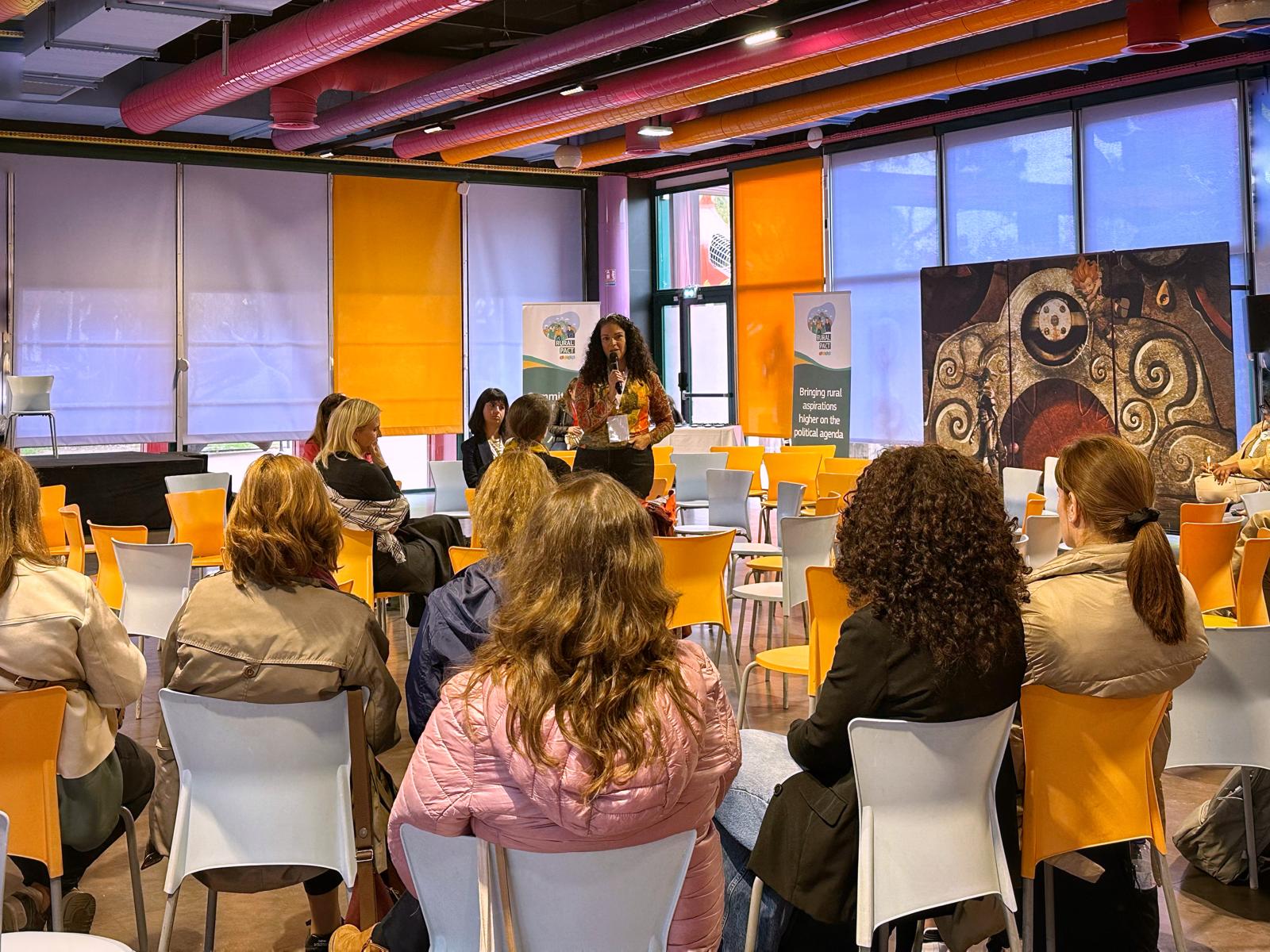
Attendees were invited to share personal stories and insights around several questions:
- How to promote a harmonious combination between the everyday tasks and demands of managing a community-led initiative (CLI), and those of participating in decision-making within CLIs, as well as within LAGS, and that the regional, national and supranational political decision-making and policy implementation.
- Socioeconomic, cultural and demographic factors that promote inclusion and exclusion in decision-making/governance. Impact of gender, age, class, education, territorial location of LAGs, etc.
Key Takeaways:
- Community empowerment: the workshop highlighted the importance of empowering local communities by giving them the tools and support to lead their own democratic and environmental initiatives. When communities feel ownership, they are more committed to long-term success.
- Environmental advocacy: participants agreed that local advocacy is crucial for influencing environmental policies. Working together at the community level can lead to meaningful changes in environmental protection and sustainability.
- Motivations: participants noted that people are often motivated by financial interests, fear of a common enemy (such as a pandemic, a neighboring country’s war or climate change or others), or simply because they enjoy working on these projects and having fun. Creating enjoyable and engaging experiences fosters greater community participation, helping to sustain democratic and environmental initiatives.
- Involving young people and children: the workshop stressed the importance of involving young people and children to foster democratic participation.
Conclusion:
The workshop provided a valuable platform for Local Action Groups, LAG managers, and other stakeholders to share experiences and strategies on how to foster both democratic participation and environmental advocacy. The workshop successfully demonstrated that empowering communities with the right tools and methodologies not only enhances local governance but also creates a pathway toward sustainable, regenerative futures.
The insights shared during the event underscore the importance of grassroots action in addressing global challenges such as climate change.
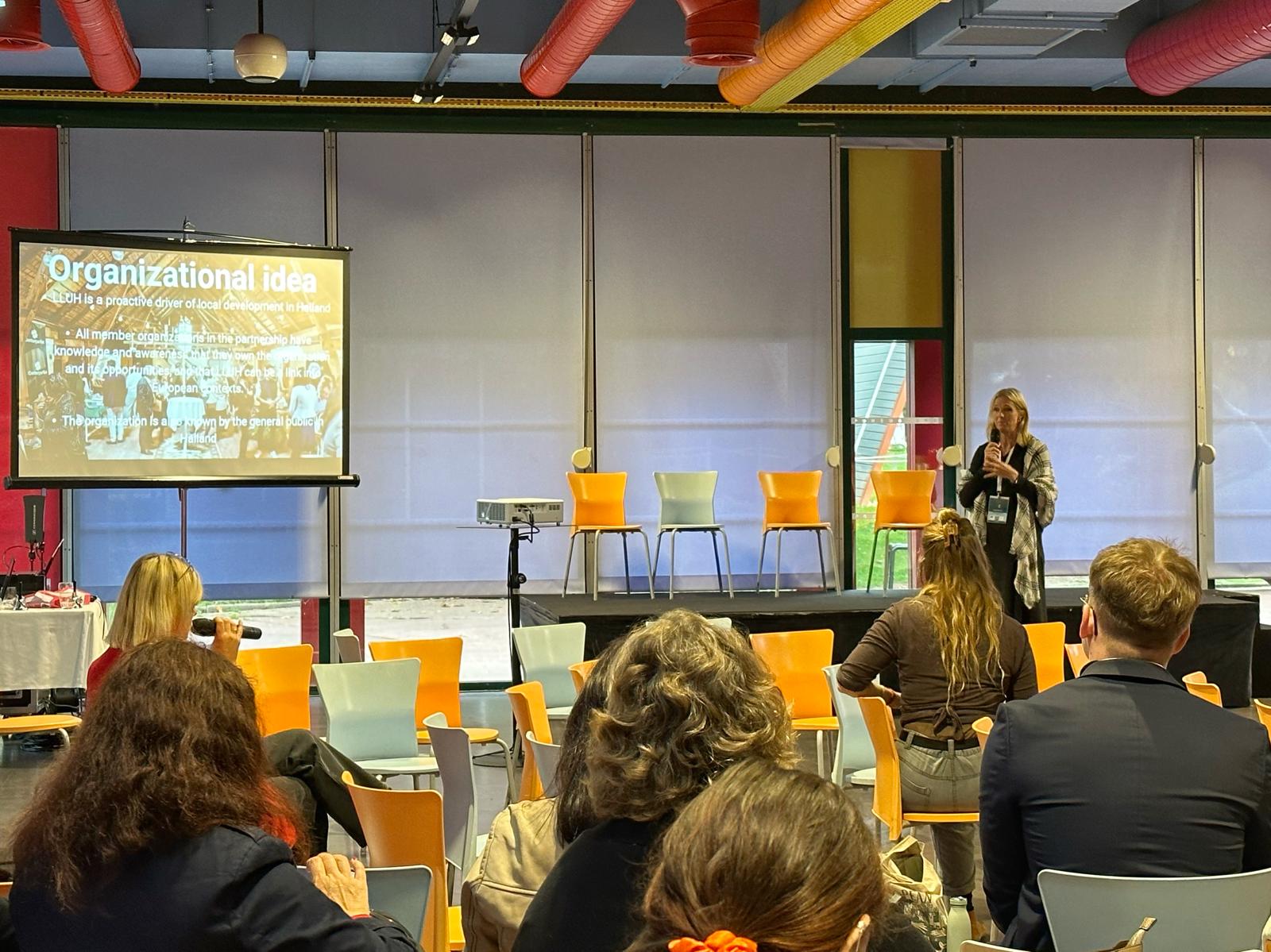
Moreover, the discussions revealed that motivations for participation often stem from financial interests, a sense of urgency driven by shared challenges like climate change or a war, or the enjoyment of working together on meaningful projects. Recognizing and harnessing these motivations can lead to greater community engagement and more impactful outcomes. The workshop also showed that engaging young people and children plays a crucial role in fostering democratic participation, as it opens doors to their parents and strengthens family and community engagement.
Overall, the workshop was an important step in reinforcing the role of local communities as key actors in the European sustainability agenda. It offered practical guidance for fostering collective action and showcased the power of community-led initiatives in shaping a regenerative and democratic Europe.
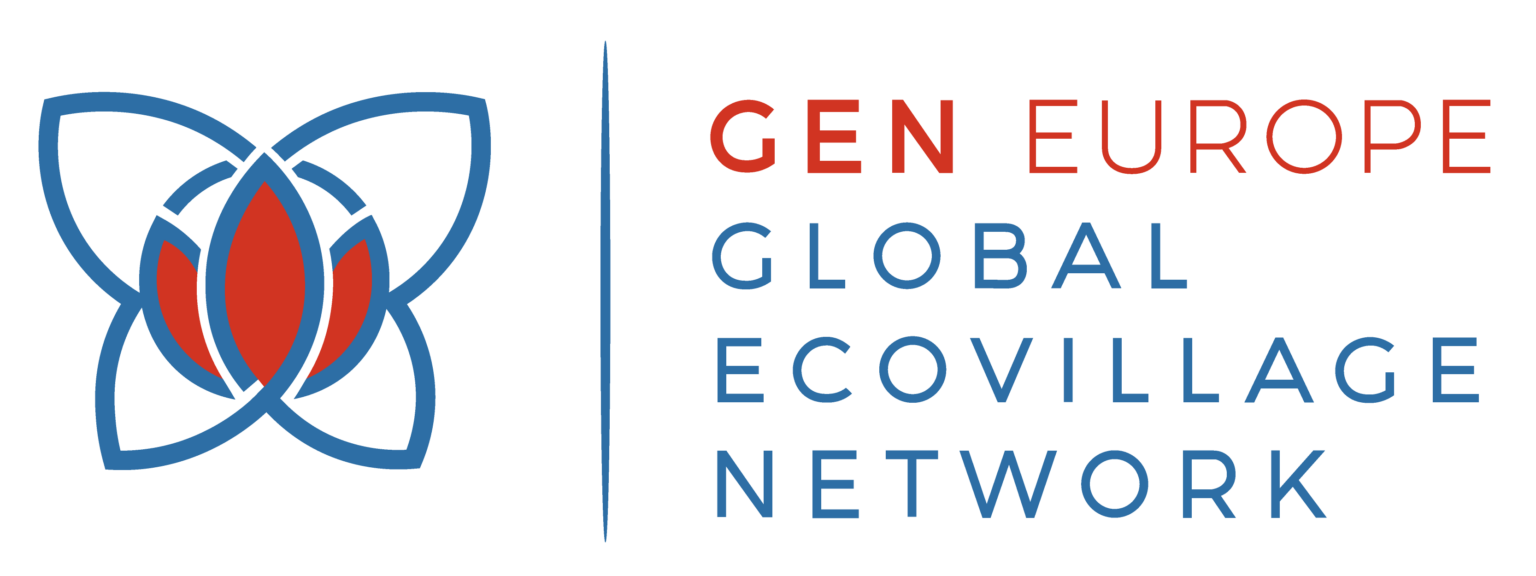
![European Ecovillage Gathering 2025: Workshop Holders Call! [CLOSED]](https://gen-europe.org/wp-content/uploads/2025/01/insta-posts-2024-Website1-768x432.png)
